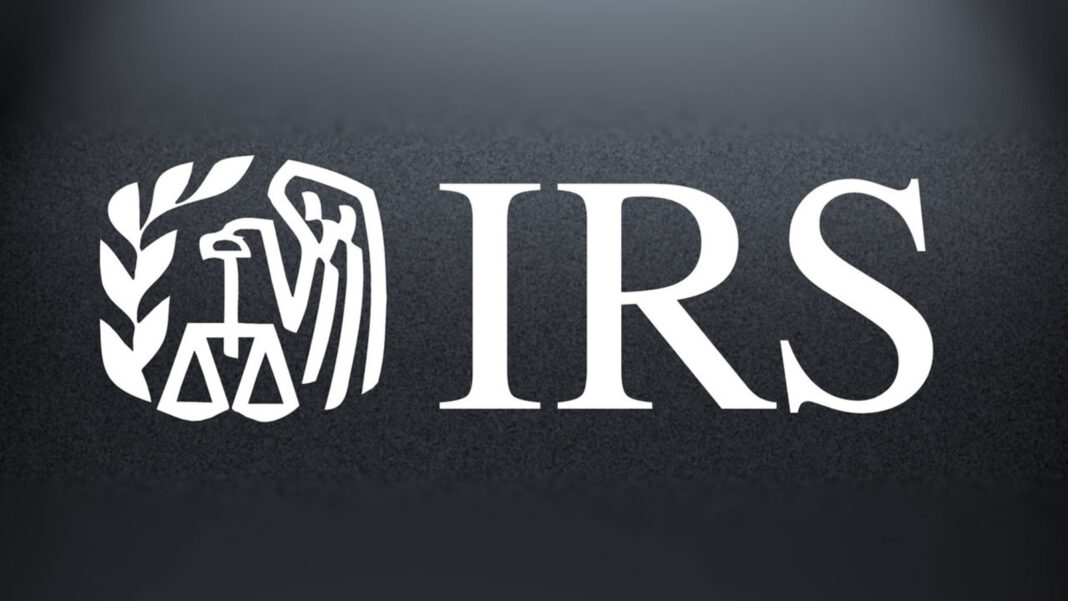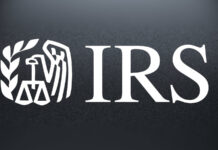The IRS continues to warn businesses to not fall for aggressive marketing or scams related to the ERC
Washington – The Internal Revenue Service will hold a free webinar designed to help employers, tax professionals and other interested taxpayers understand how the Employee Retention Credit (ERC) works and how to avoid tax scams and aggressive marketing related to the credit.
The IRS continues to warn businesses to not fall for aggressive marketing or scams related to the ERC. There are important details that applicants should be aware of before they take steps to claim this credit. The IRS continues to urge those considering claiming the ERC to be wary of aggressive marketers and unsolicited offers about the ERC. Businesses should first check with their trusted tax professional before submitting an ERC claim.
The two-hour webinar will take place on Tuesday, July 25, at 2 p.m. ET. Closed captioning will be available. Topics to be covered include:
- Overview of the credit;
- Key areas of ERC compliance;
- Characteristics of potential ERC fraud;
- Ways to report ERC fraud;
- Live question-and-answer session.
Tax professionals can earn two continuing education credits for attending this webinar. To register or for more information, visit the Webinars for Tax Practitioners page or the Webinars for Small Businesses page on IRS.gov.
The IRS sponsors an ongoing series of free webinars. Though primarily designed for tax professionals and small businesses, anyone is welcome to attend.
This year, scams tied to the Employee Retention Credit made the tax agency’s Dirty Dozen list of the most egregious tax-related scams. In May, the IRS issued an updated warning on ERC scams.
When properly claimed, the ERC is a refundable tax credit designed for businesses that continued paying employees while shut down due to the COVID-19 pandemic or that had a significant decline in gross receipts during the eligibility periods. The credit is not available to individual employees.
Unscrupulous promoters make false claims about their company’s legitimacy and often don’t discuss some key eligibility factors, limitations and income tax implications that affect an employer’s tax return. It’s important to watch for warning signs such as promoters who say they can quickly determine someone’s eligibility without details, and those who charge up-front fees or a fee based on a percentage of the ERC claimed.
Anyone who improperly claims the ERC must pay it back, possibly with penalties and interest.
For more information about the Employee Retention Credit, visit IRS.gov/ERC.







